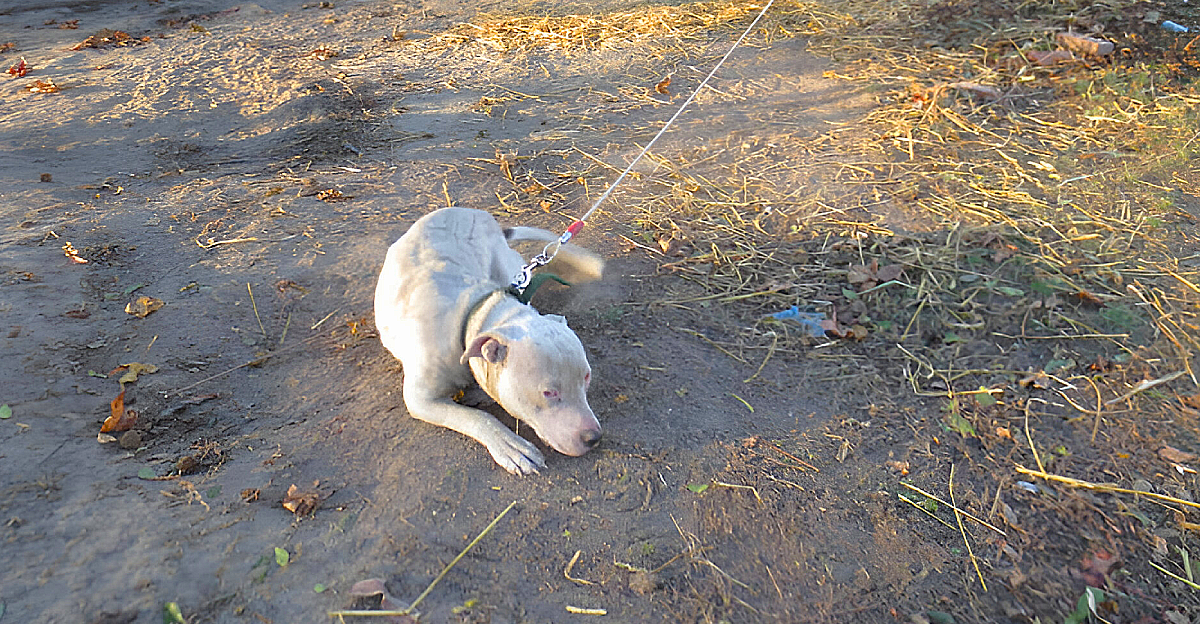
Recently, there have been talks of a brutal heatwave descending upon 29 U.S. states, which will impact millions of pets and residents across America. The National Weather Service has stepped in and forewarned that temperatures in the states hit hardest by the heat waves will exceed 100 degrees Fahrenheit.
Humidity could also increase the felt temperatures to even higher than what it will be, and conditions could quickly become deadly for those unprepared. Pets are one of the most vulnerable to heat waves, and owners must keep them safe this summer.
An Unprecedented Heatwave

The heat wave has already started sweeping east toward the Midwest and East Coast cities. While some regions could already feel it is letting up a bit, others are expected to continue to suffer in the heat for a bit longer.
To worsen the situation, people can’t even wait for a reprieve at night as temperatures continue to stay high. This heat can catch many people unprepared, especially pet owners.
Pets
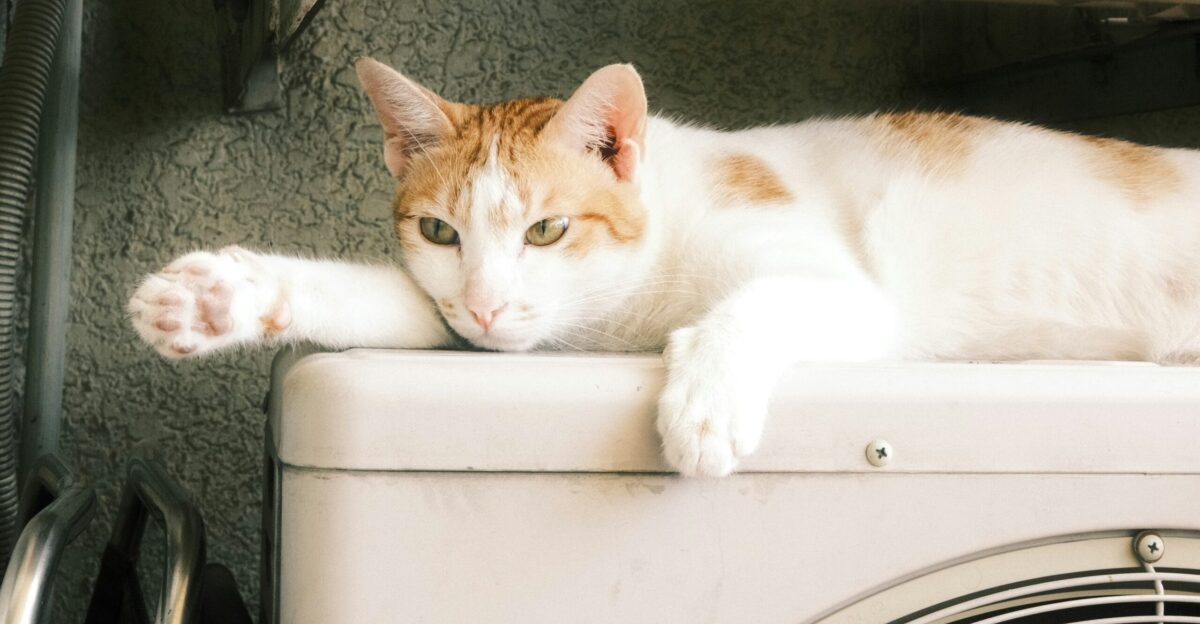
While humans can tolerate high temperatures by sweating, domestic pets like dogs and cats don’t have this adaptation. They suffer more in the sun than people understand and cannot regulate their body temperature in the face of scorching heat.
If a pet is left trapped in the heat, it can suffer terrible and often irreversible damage to its body and risk death. If it feels too hot for you to handle, it’s much worse for your dog or cat.
Hot Cars
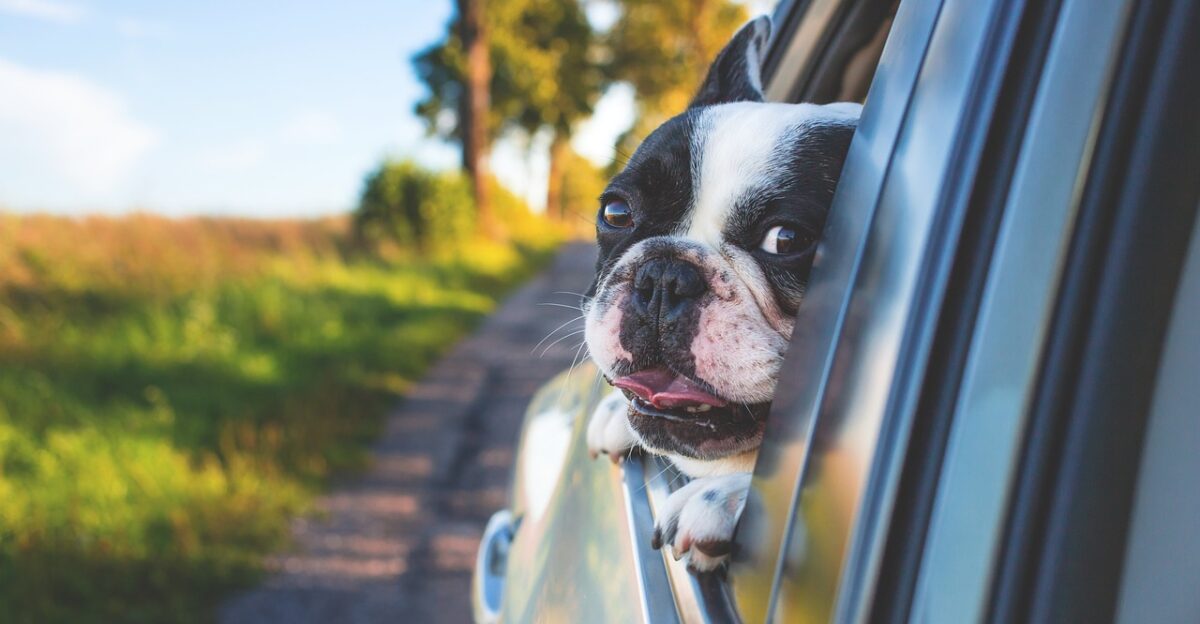
One fatal mistake that pet owners seem to never learn is that hot cars and animals do not mix. Even if it’s for a brief period, pets start to suffer as car interiors quickly reach cooking temperatures, even if a window is left open.
Do not leave your pet in a hot car, even if your errand is quick. Call the authorities immediately if you see a pet suffering in a hot car. You may save a life.
Animal Shelters
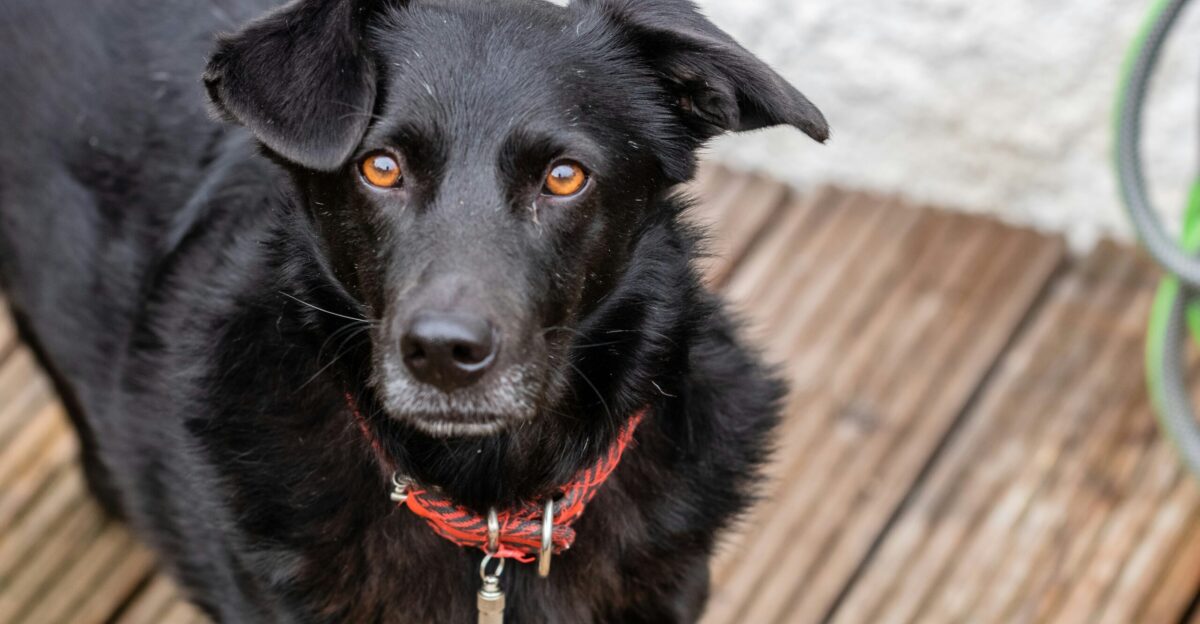
A crisis is forming at animal shelters as new dogs are dropped off without adoptions being able to keep up. This means that shelters nationwide are being overcrowded amid the heat wave. Many shelters are reducing hours or even closing their doors to new rescues to combat this.
Overcrowding risks more animals overheating as temperatures go up to 100 degrees Fahrenheit and above.
Why Are Shelters Overwhelmed?
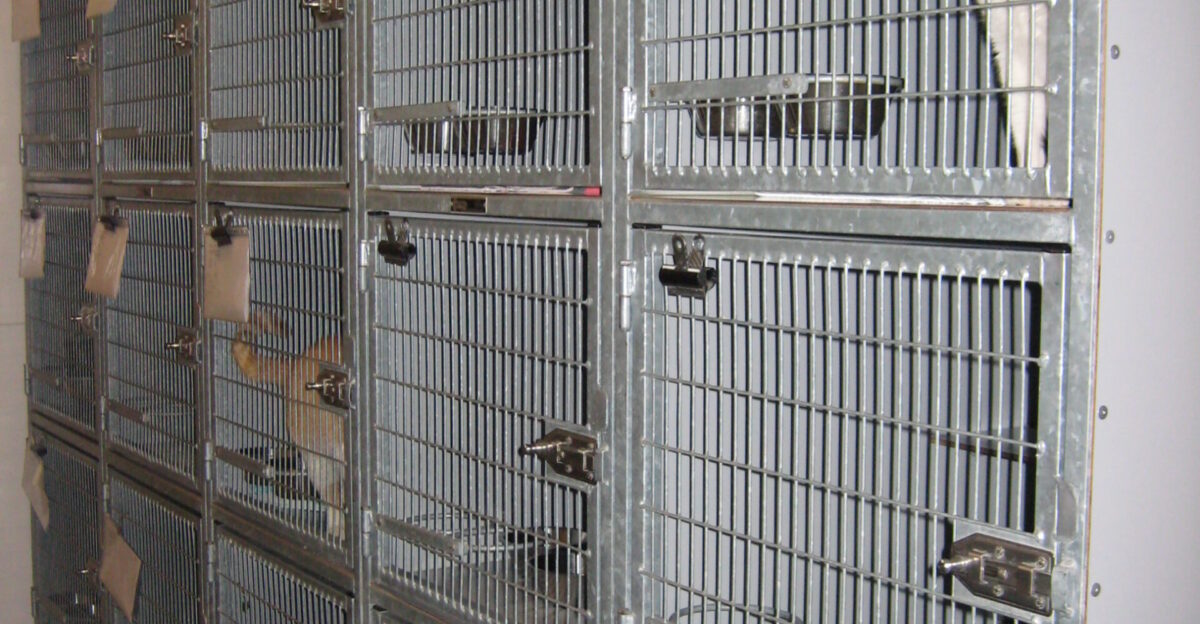
It’s the worst time for shelters to become overcrowded, but why are there so many new admissions in the first place? One key component is the housing crisis, which means that families and pet owners are being evicted or downscaled, usually finding places that don’t allow pets.
This gives many no choice but to give up their pets. The high cost of animal care and more strays are also bloating shelters, while many cannot afford to adopt animals, meaning overpopulation is inevitable.
What Pet Owners Need To Do

Pet owners need to be willing to step up and take responsibility during this unprecedented heat wave. When temperatures rise, pets must stay indoors where it’s cooler and well-ventilated. Pets also need a constant source of clean drinking water.
Pet owners should also avoid walking their pets on hot days to ensure their animals don’t overheat or burn their paw pads. Stay vigilant and keep an eye on pets to make sure they aren’t showing signs of heatstroke.
Community Action
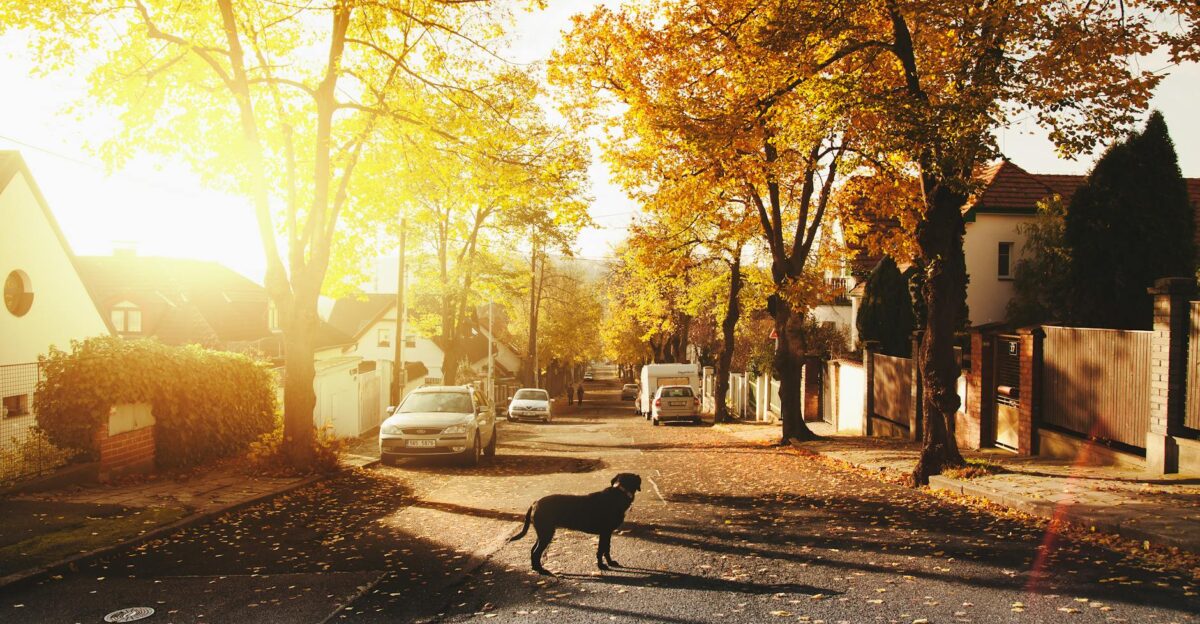
During heatwaves like this, communities must stay vigilant and look after one another. People should check on neighbors, especially those that are vulnerable, like the elderly or those who have limited mobility.
Be on the lookout for stray animals and call the proper authorities if you see signs of suffering. Fostering a cooperative community can ensure everyone survives this heatwave.
The Need For Better Pet Infrastructure
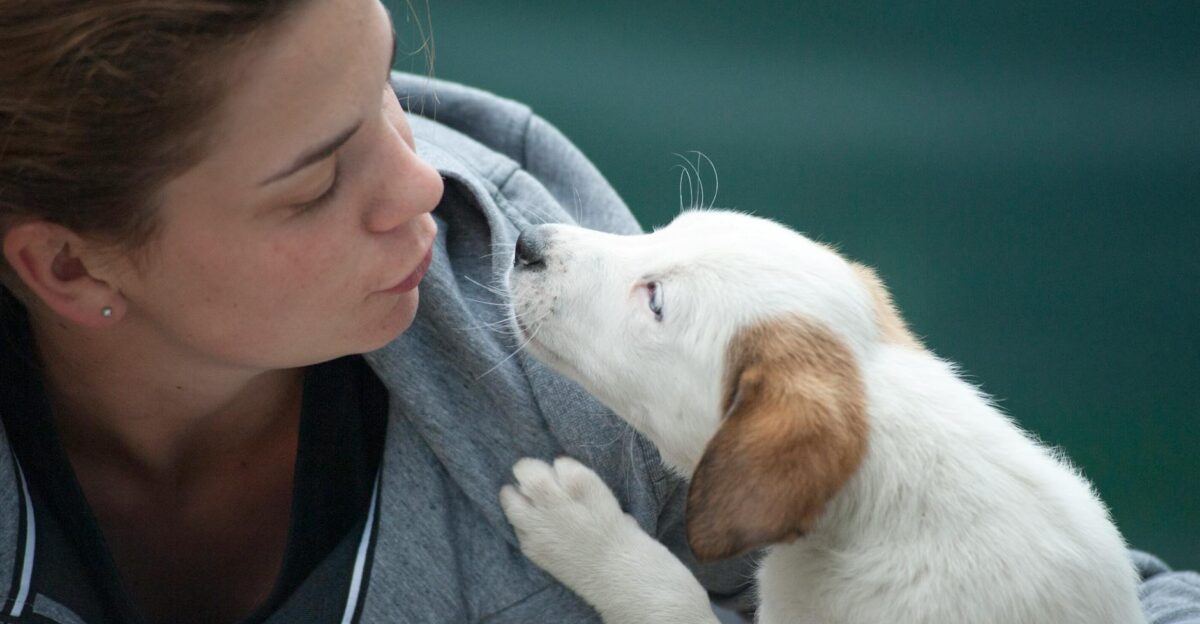
The heatwave shows us the problems in pet care in America. We need better infrastructure and support systems for both stray and domestic pets.
This problem won’t disappear unless action is taken, such as bigger shelter investments, more adoptions, and better education.
Spread Awareness
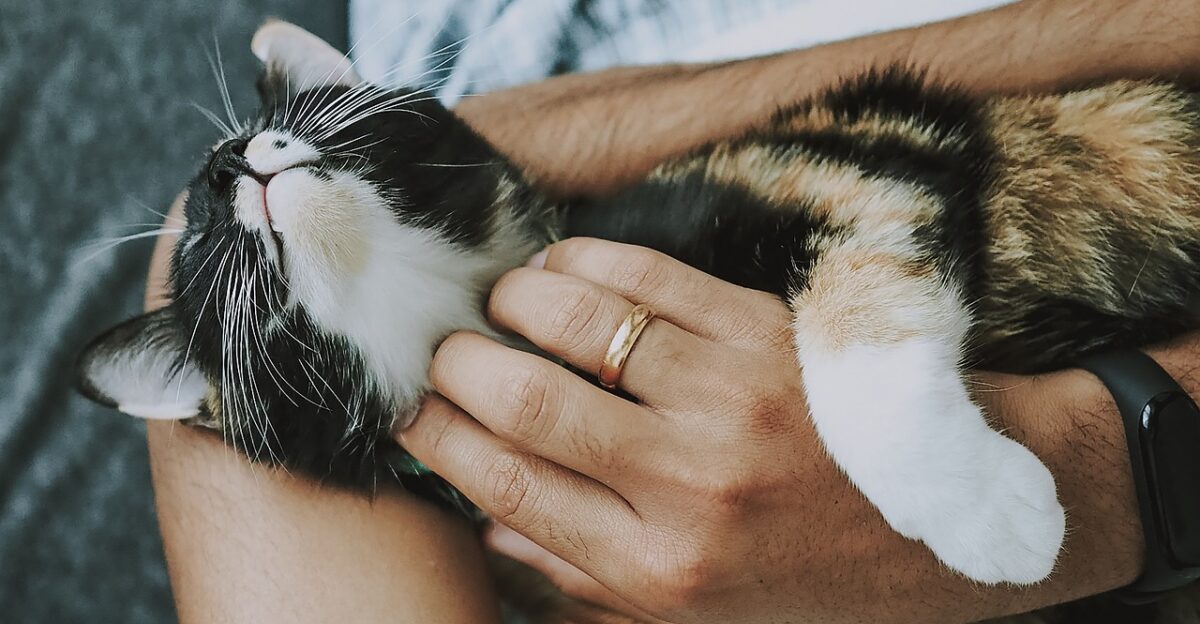
The National Weather Service and weather channels can keep people informed about heat waves and other extreme weather. Spread awareness to others and offer support, or look for it yourself.
We must protect our animals like any other important family member when their lives are in our hands.







